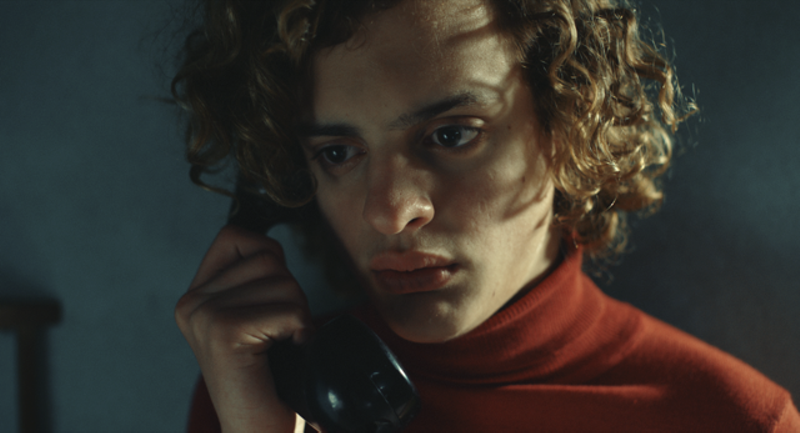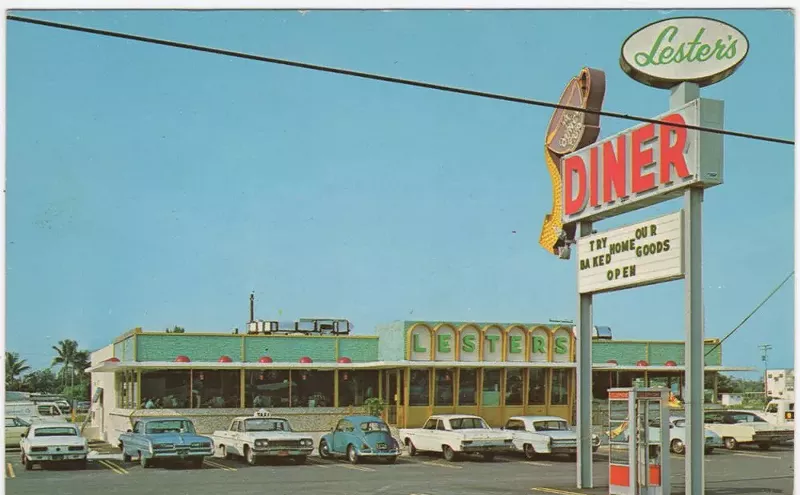“Che and Fidel,” Ramon marvels.
Carlos does him one better: “Evita and Peron.”
Then they look at each other, straight on, rather than at their exquisite shared reflection. The moment seizes them, their faces edging toward each
And then Ramon, the more practical one, snaps from the spell and continues ransacking the shop. This stirs from Carlos a quiet rebuke: “We’re alive. Why don’t you enjoy it?”
Just moments of screen time later, we see Carlos sprawled out on a hotel bed, nearly nude, lying beside their purloined rings and necklaces. Ramon passes out, nude, after a shower, and Carlos piles the jewels over his partner’s crotch, an extravagant cairn to mark a prize that eludes him.
El Angel is a crime spree as improvised reverie, one with a subject who is as quick to give away his loot as the director is to make the subtext explicit. It’s not the rise and fall narrative we so often get in films about famous crooks; Carlos Robledo Puch, instead, merely dicks around — stealing, occasionally killing — till he’s caught for good. Ortega and Ferro portray this gorgeous sociopath as utterly disaffected, a young man turned on mostly by desires he can’t quite articulate, even to other criminals. He breaks into homes and shops not out of a lust for material goods but out of something more like a turned-on boredom. He’ll swan into some mansion, dance to some records and drive home on a motorbike he’ll tell his parents he has borrowed.
Eventually, Carlos hooks up with a crew, but he doesn’t seem to notice that the stakes have raised. He seems to regard shooting the occasional witness as about as notable an occurrence as smashing a window. Ortega stages and cuts the film’s murders to emphasize the offhandedness of Carlos’ killing, which makes them all the more wrenching. Even the movies that have most cheapened violence bother to motivate it, to suggest that killing someone would at least, say, change the feel of your day. For Carlos, it’s like swatting away a bug, a nuisance only briefly distracting him from his occupation of the spaces he claims as his own, the spaces in which he is his most beautiful. Ortega’s film — crisply edited, compellingly acted, shot with wit and verve — is empathetic rather than sympathetic. It never purports to explain the precise psychology of the real Carlos. It merely invites us to watch Carlos be Carlos, with interest and disgust and maybe a touch of arousal.









